et me start by taking you back to a year ago when I wrote this well received blog post on ‘All The Stuff I Got Wrong in 2019’. Re-reading it now, I can’t help but laugh at my optimism, cry at how simple things seemed back then, feel proud of what I improved on and disappointed at a few repeated mistakes...
All The Stuff I Got Wrong in 2020
Doubt, Netflix and Indecision. Sharmadean Reid reflects on the last year with this frank and honest account of leading and pivoting during the pandemic.
By Sharmadean Reid
Needless to say, I couldn’t have predicted the absolute chaos that has rained down in 2020 but while writing this reflection I’m treating the pandemic like any other business crisis. Being an entrepreneur for life will come with more than its fair share of wild highs and soul destroying lows. I don’t want to use the pandemic as an excuse for anything I got wrong last year, but more as a case study so that when the next big crisis comes (which of course, it will) I’ll have codified my experience and learnings.
Still, let’s be real. We were in a global pandemic, people were dying daily. Black people were being murdered by the police. Women were being killed every three days by their partners and this was my first economic crisis as a business owner. So I am trying to write this both with compassion for myself as a Black woman, but also with a self reflective (critical?) eye, because as a founder it is my job to navigate the difficult times.
If you see any schizophrenic contradiction in the following article, it is because I’m still wrestling with the two modes of being.
Just to set the context: I published the 2019 reflections in February 2020 after coming out of the fog with a plan for the next move. Up until that point my start up, Beautystack, had been in closed alpha. We had engineered a beautiful app that I believed represented the future of social commerce and the passion economy in the beauty service space. We had a handful of users that we had converted with £0 acquisition cost using data, content and a manual, but effective beauty graph which worked something like this: X user loves thick bushy brows so is likely to love graphic nails; let’s send her an email with an article on a Beauty Pro that someone in her network has booked already for social proof.
It was working with our small test group, we saw booking conversion jump with this type of content and we had grown our Pros’ earnings month on month. We’d fixed all the bugs that come from building a booking app from scratch and in 2020 we were ready to launch ‘open access’, meaning that anyone could sign up to Beautystack. We still had a chunk of money in the bank, I had renewed energy, the team were excited and things were looking good.
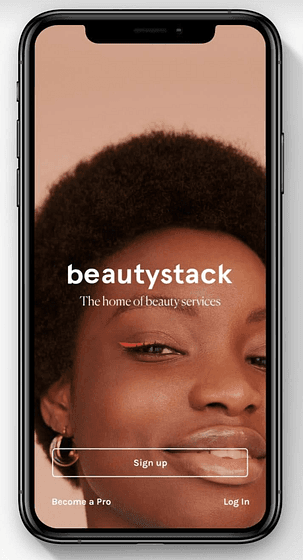
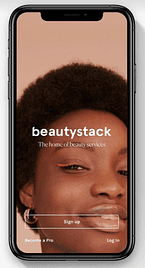
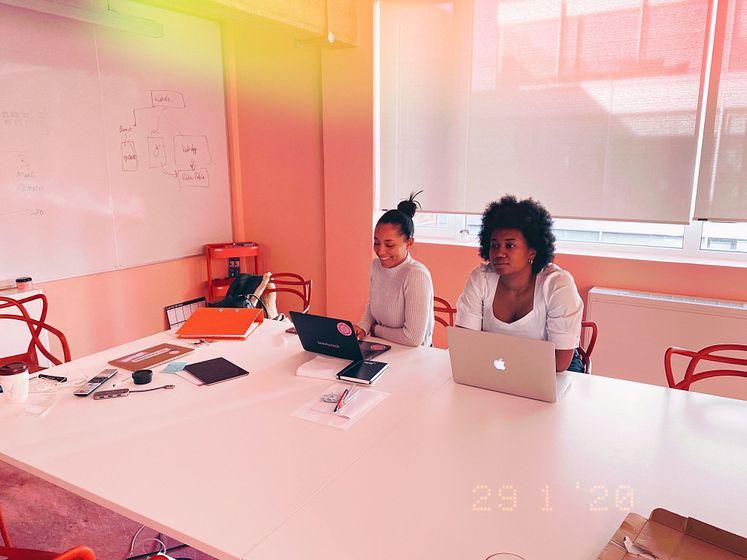
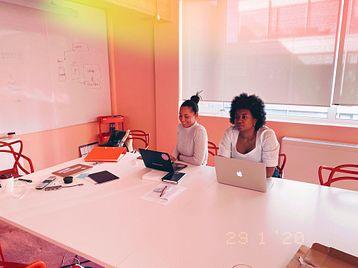
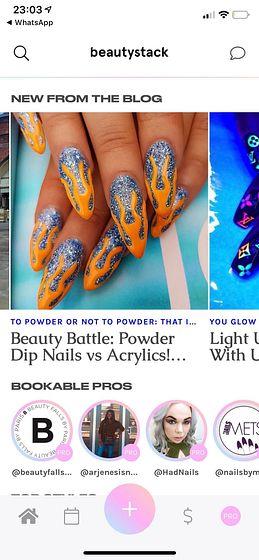
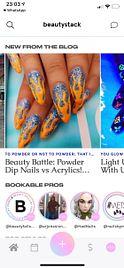
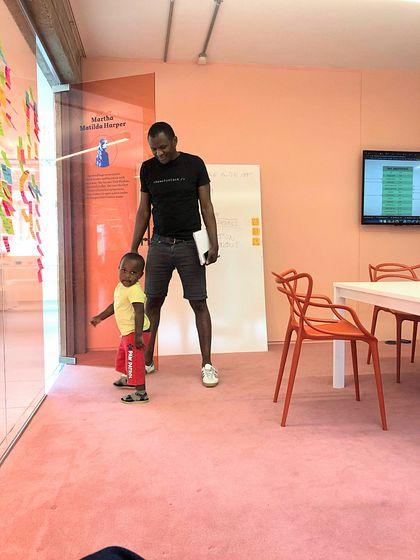
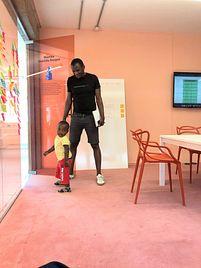
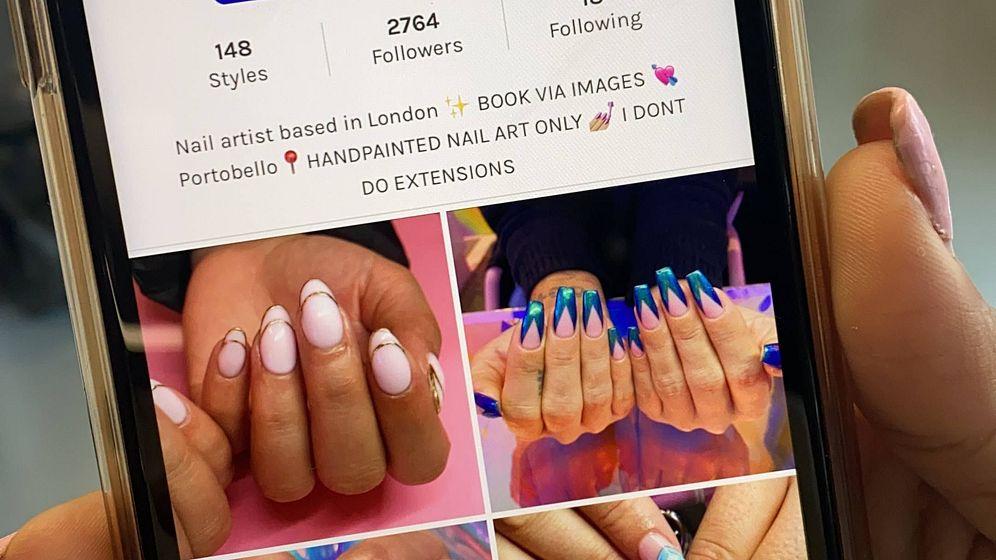
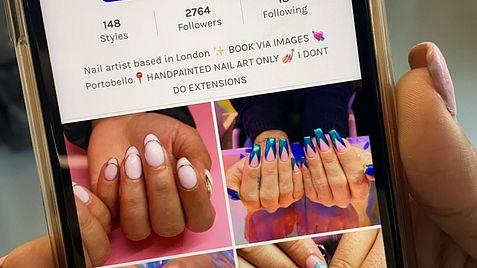
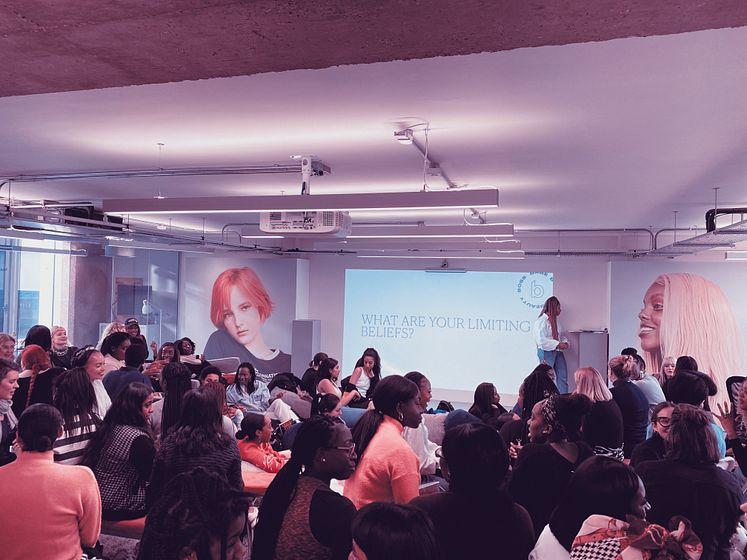
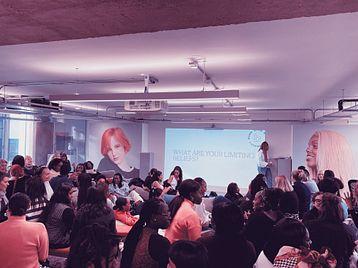
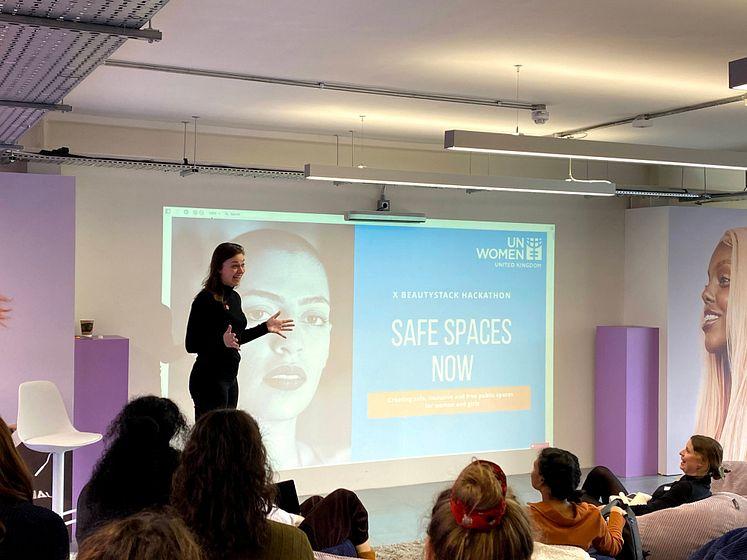
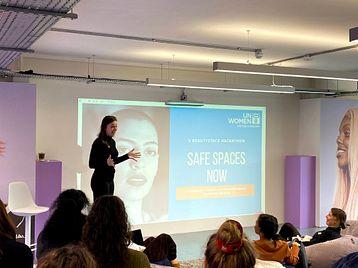
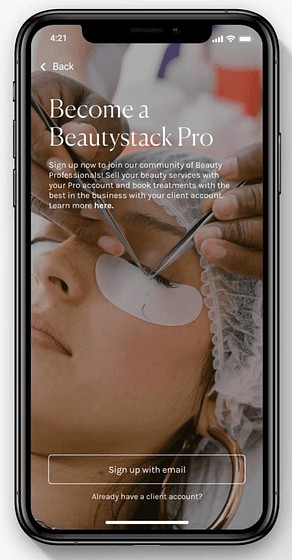
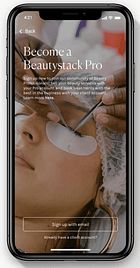
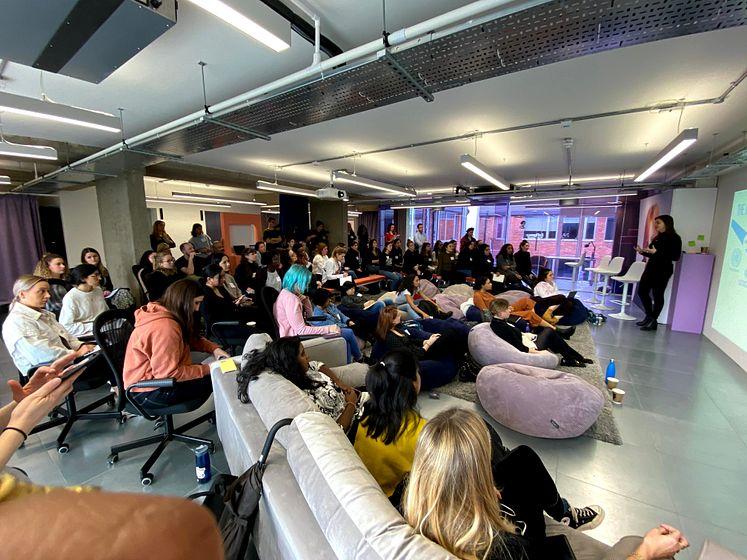
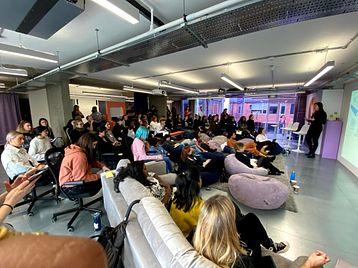
Literally a month later on March 9th 2020, I was in NYC and they were shutting down the city and declaring a state of emergency due to Covid-19. You know the rest of the story from here...
And so, it’s with great pleasure that I present All The Stuff I Got Wrong in 2020, because too many Founders make this look forever glam, but behind every entrepreneurial journey is a hell hole of misfires and mistakes.
1. I didn’t read my ‘All The Stuff I Got Wrong in 2019’ learnings every single week
When you’re running a company you get 100 balls thrown at you on a daily basis and you’re expected to catch them all. It’s a short path to distraction. What is the point of doing the beautiful work of reflection if you’re not going to consistently act on it? These learnings ought to have become my Bible, and Sunday should have been church day.
“The unexamined life is not worth living” - Socrates
If I had started my week by reading my own writings - my personal vision, mission, and principles - I would have jumped into Monday with focus instead of entering every week thinking ‘how will we survive?’
Covid Compassion: Most Sunday nights I was in bed with Netflix wanting my life back. I stopped reading anything for almost the whole of the pandemic as I couldn't focus. Did you have trouble reading?
2. I didn’t make fast decisions
One of the things I’ve picked up on in my readings over the past year is that great leaders make fast decisions, not necessarily good ones.
According to a ten year investigation into what makes a successful CEO by the researchers Elena Botelho and Kim Powell: “high-performing CEOs do not necessarily stand out for making great decisions all the time; rather, they stand out for being more decisive. They make decisions earlier, faster, and with greater conviction. They do so consistently—even amid ambiguity, with incomplete information, and in unfamiliar domains. In our data, people who were described as “decisive” were 12 times more likely to be high-performing CEOs.”
There were a few business decisions this year I wish I’d trusted my gut and moved quicker on. One of these was around Beautystack’s events feature. On March 29th, days into the UK’s first national lockdown, we held a virtual nail art masterclass with one of our beta tester Beauty Pros, Anouska Anastasia. We managed the entire thing for her, using Eventbrite and Zoom and blasting it to her followers on Beautystack and IG. It went crazy. We had almost 400 attendees from all over the world and Anouska made more for a single event, than she had for an entire month of nail appointments.
"Great leaders make fast decisions, not necessarily good ones"
I also held a virtual event for our users - Business Survival in 2020 which had over 300 attendees, everyone was highly engaged and loving this content.
However we had an issue. We couldn’t ethically use the Eventbrite ticket sales data to promote our virtual bookings via the Beautystack app. We didn’t own our customer data on attendees which annoyed me. But we kept hosting stand out virtual events, including a 12 Hour Business Summit which earned us revenue and connected our community. I even wrote in my investor update - ‘perhaps this could be a feature?’
I recognised it as an important step for us back in March but we didn’t actually launch it until December. We should have moved quicker.
Our roadmap looked something like this:
Jan 2019 - Jan 2020 - Seed Funding to Build.
Feb 2020 - Our investors are getting impatient that I’ve spent a year trying to build a really good app and are correctly nudging us to launch. We build launch features.
May 2020 - Open Access to app was ready but given BLM and second lockdown, it seemed inappropriate to launch.
July 2020 - Launched Open Access - 1800 sign ups between July and December even though no one can use the app. No acquisition spend.
Dec 2020 - Launched full website, so users can book without downloading app and Pros can now create Events.
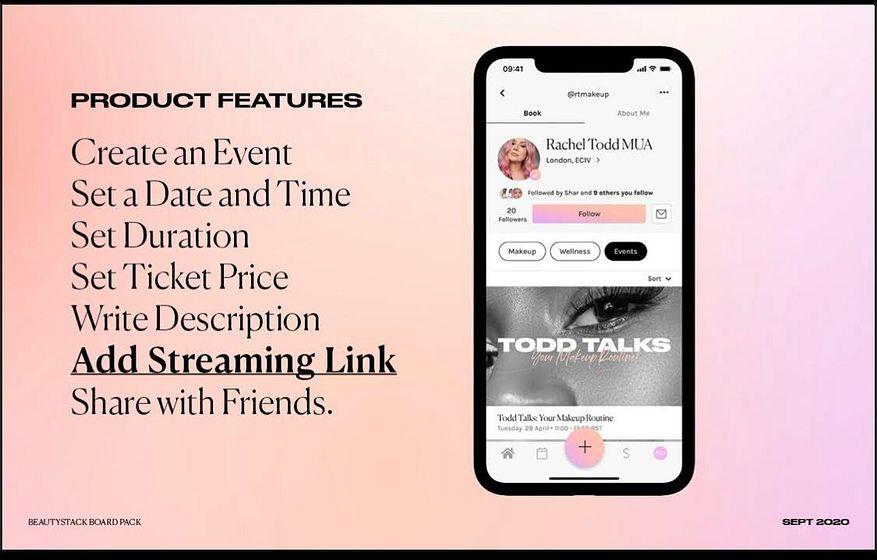
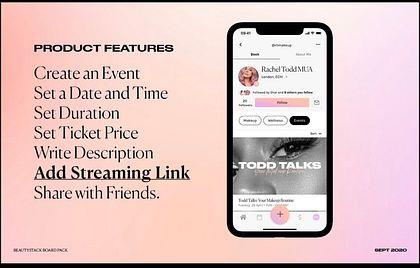
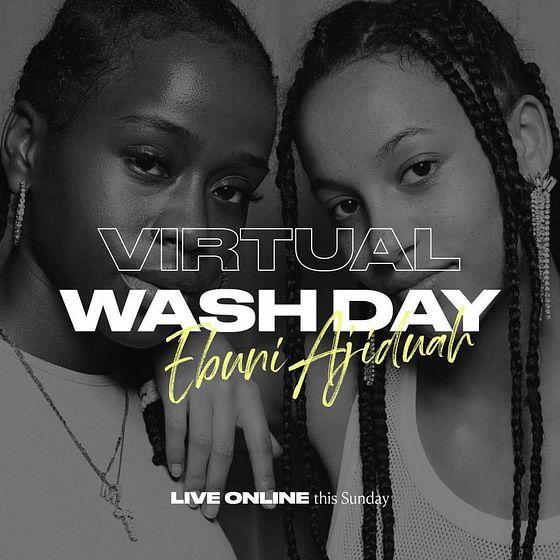
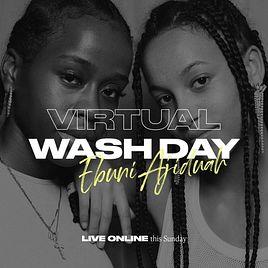
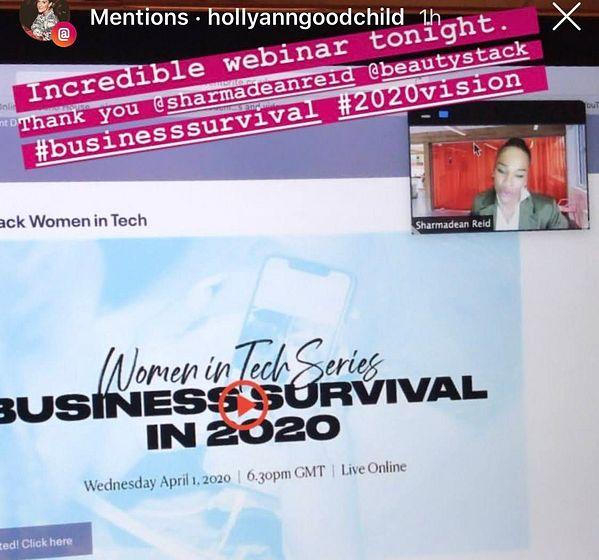
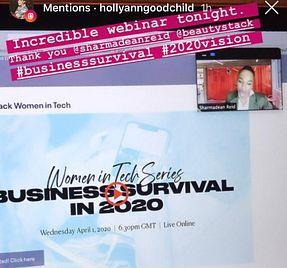
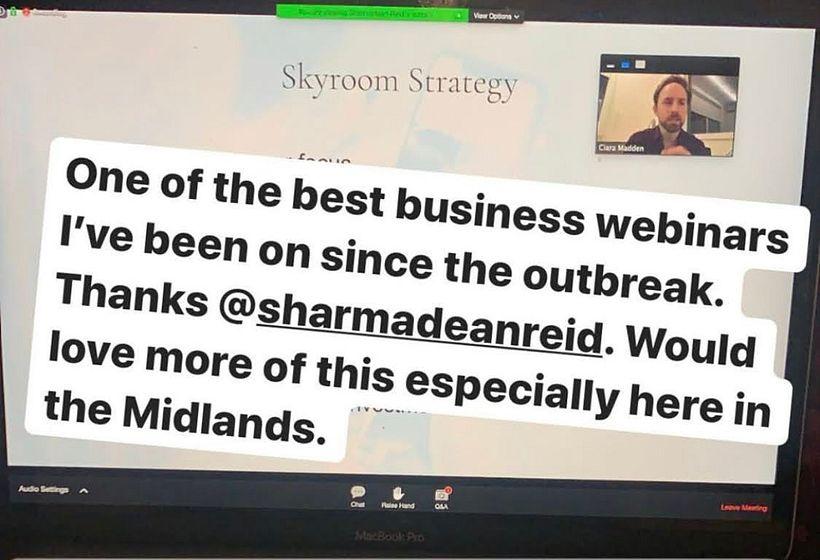
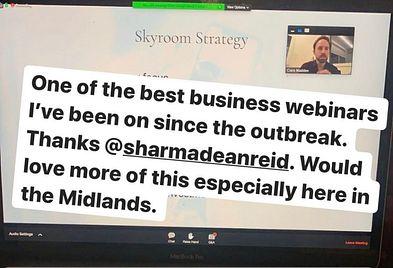
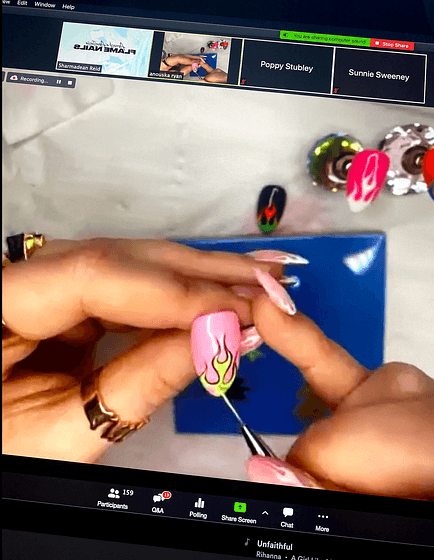
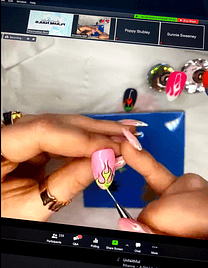
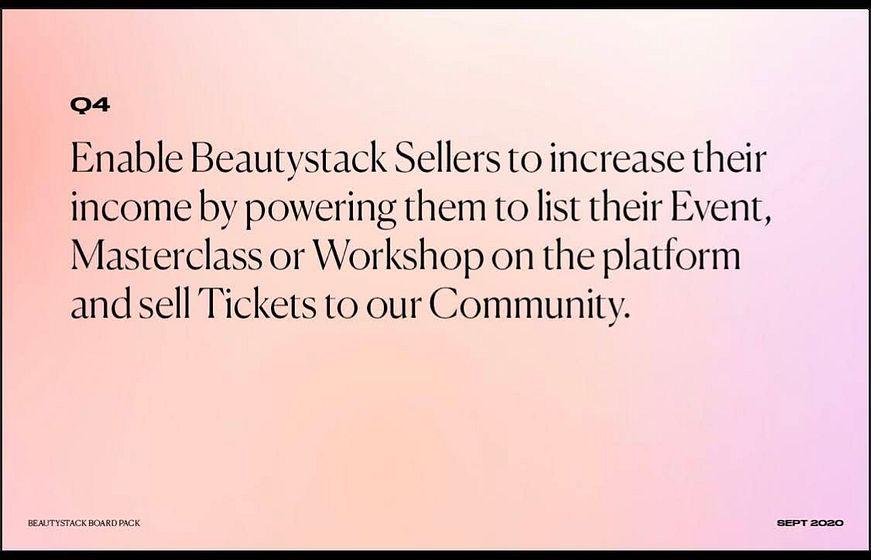
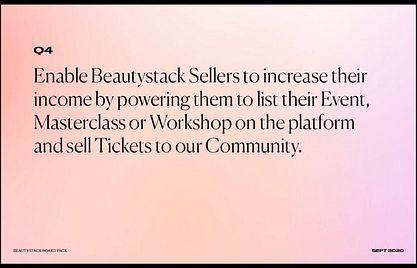
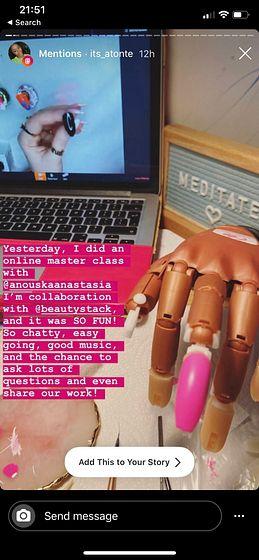
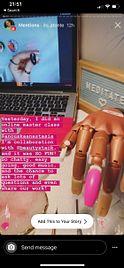
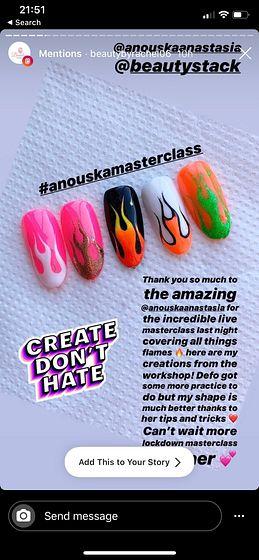
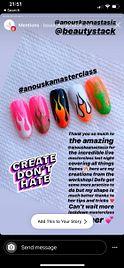
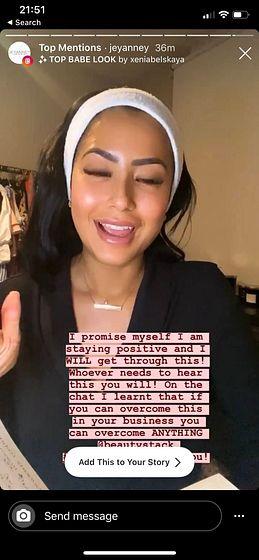

We eventually launched the feature on time and on budget, but it definitely was not prioritized. Building the events feature was critical for us to then launch The Stack World as a proprietary ecosystem and for our Members and Pros to host their own events. It should have happened quicker.
Covid Compassion: I genuinely thought lockdown would be a few weeks, then maybe a few months, and I didn’t want to pivot the business entirely away from what I had been evangelising about (human contact, beauty services etc). With every new government announcement, I believe I did the right thing at the right time with the knowledge I had.
3. I wanted to perfect the app before making it public
After a very successful Seed round, I said to my investors “give us a two year runway; in the first year I’m going to perfect the app and in the second year we will launch it.” No one questioned that. Pah! I will never ever build something for a year again. It’s a damn start up. See what you can build in three months or even three weeks and just get it out. You cannot learn if you do not launch.
I would not do a closed group again. This goes against our company principle of “Make It Easy”. Instead we made it quite hard for someone to sign up!
I would launch immediately and cultivate cohorts, tracking what they are doing as an active alpha group. If you currently have a product that’s “not quite ready yet.” just do the damn thing and get it out. Your early customers are always going to be disappointed anyway. Focus on the ones that love you and will forgive you.
To be honest, if I was to do this all over again, I would have started Beautystack with a landing page, a spreadsheet of clients, a spreadsheet of pros, a phone line and Google Calendar. I’d have matched them manually. If you’re thinking of building a marketplace, see what you can do with an Airtable first.
Covid Compassion: 2019 was a great building year and we did everything we said we would. 2020 was not a great year to launch.
"There is no "perfect app" the thing never ends! It’s a damn start up. See what you can build in 3 months or even 3 weeks and just get it out!"
4. We didn’t charge for our product
One of the reasons we lived in fear during 2020 was because we were pre- product market fit and pre- revenue, meaning that during lockdown, we had no recurring revenue and essentially no data to prove to future investors that we had a viable business. We were focussed on GMV which took us in a different direction. If we had any recurring revenue at all, even the most meagre amount, it would have proved that people were willing to pay for the service, and it would have led us to focus on paying customers and what was working for them.
We did this with our Business Summit in May 2020. I plucked a random figure from the air of £45 for our one day online event covering everything from meditation to social media to pitch decks and it did incredibly well. You could say this proved a demand for The Stack World.
At £14.99 the cost of a Stack World Membership is also arbitrary and does not reflect the true value of 20+ hours of workshops and classes a month but with our first cohort of paying members, it shows that we are making something people are willing to invest in. Just eight weeks later, it has given me confidence to define the type of content that we need to double down on.
I don’t think I would ever launch a product again without charging for it from day one even if the charge is immaterial. Recurring revenue allows you to build a proper model, forecast and prove some semblance of a business.
"Actual recurring revenue allows you to build a proper model and forecast and prove some semblance of a business."
Covid Compassion: In 2018 the dominant mentality was to grow at any cost rather than build a business that is profitable or even revenue generated. Even Uber and Pinterest are not profitable, spending millions to make millions. This is not realistic for most entrepreneurs and the pandemic has forced people to ensure that they have money in their coffers rather than rely on outside funding. In 2018 it didn't even occur to me to monetise before we had found our market.
5. We overlooked the reach of the web
Because Beautystack initially started as a B2B product, we didn’t anticipate the marketplace aspect of it from the get go. I made an assumption that all salons would be as busy as WAH was, if only they had a product to send their clients to. I also assumed that if we offered it to them, they’d be beating down our door to use it.
Wrong! Even the most successful Pros expected us to market them, which we did successfully on social, but we did not have an aggregated marketplace website to send users to. We forced them to download an app.
The issue with not building for the web is that when you launch an app, it’s a closed network that cannot capitalize on all the distribution channels that already existed. For example, we couldn’t swipe up on a nail picture on our Instagram feed and go directly to the exact page for the Pro on your phone. Link In Bio also wasn't popular at the time.
In fact, we couldn’t utilise Google, Instagram, Pinterest, and Facebook because we didn’t have a functioning marketplace website to link up to. All we could do was deep link to the app and hope the user had already downloaded it. While it worked with Pros who were sending their Clients to their pages it was a huge barrier of entry to scale. It is incredibly hard to drive traffic to an app, whereas with a website, all of our social efforts could drive traffic straight to a web booking.
The knock on effect of not having a discovery website was that we were not optimised for SEO, we had no journey tracking in our sites and we lost so much engineering time getting all of this up to speed.
"When you launch an app, it’s a closed network that cannot capitalize on all the social distribution channels that already exist and we were a social brand."
Anyway we fixed it and now we have a lovely new website that matches all the content on the app. We can build a user journey of distributing our content and driving traffic directly to the web pages.
If you are thinking about building an app, I’d suggest building a responsive website first. I would not build an app in the first instance unless I need to utilise location services, photo and video, swiping functions or any features that are unique to a phone. Or a dating site of course.
This is such a boring fail, but my advice is that you really want to set your product up for scale, and with Big Tech making it very difficult for you to grow your business without paying them, make it as easy as possible for your customers to complete the happy path you want.
Covid compassion: In the intense period, like most people, I found it more difficult to think strategically. To make take a long-view requires the ability to zoom out from minutiae like the rolling news cycle.
6. Self Care Went out the Window
Last year forced me to be in fight mode all the time which made me mentally and physically fatigued. When I am tired I become emotionally vulnerable. When I am emotionally vulnerable, I am susceptible to negative thoughts. Negative thoughts cause me to practice numbing behaviour and so on...
Last year I was so busy looking after our community and team that I didn’t really look after myself. The first lockdown started well. I ate home cooked meals, I ran round the park and I meditated. I made a conscious decision not to drink as I knew it would become a habit to fill the boredom and I needed to have a clear mind. But by the end of summer after the second lockdown, all my self care went out the window, starting with pasta and wine.
Now I’m sitting here with grey hair, my first proper wrinkles and 10kg heavier. It is widely accepted that exercise is critical for mental health, that meditation is critical for busy people and over consumption of carbs does no one any good, yet I just ignored it all. Running a company is a high performance activity and you have to look after yourself. I’ve since committed to Yoga with Manizeh Rimer, Peloton with Alex Toussaint and swimming with my son.
Covid Compassion: I was sad at the world, and I ate and drank a lot. The End.
7. I forgot my life’s purpose
Because I was constantly worrying about whether we could raise another round of funding with pandemetrics, this year really made me doubt my abilities. I’m one of those irritating people who have been effortless overachievers from a young age. I’ve always worked hard and got positive results even with the negative traits of the overachiever to go with it. However, 2020 was the first time that all of my efforts were completely futile.
No matter how hard I worked, I felt we were not making progress (which of course is not technically true). I was (and still am) often doing 14 hour days, beginning at 6.45am and working until around 9pm by which time will have total Zoom fatigue. I’d do telephone calls on walks, calls on school runs. I have perfected the art of feedback on my phone. But for what? I felt I was busy doing nothing.
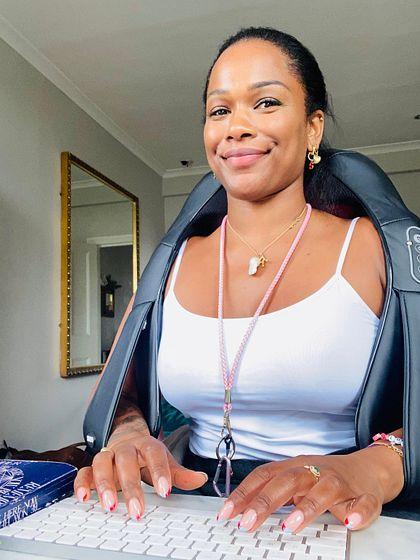
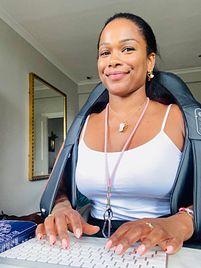
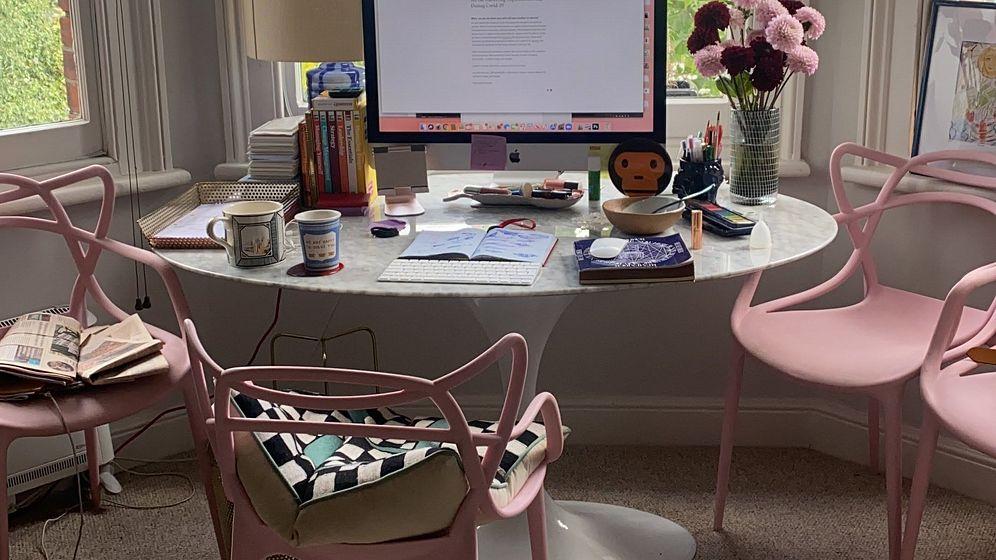
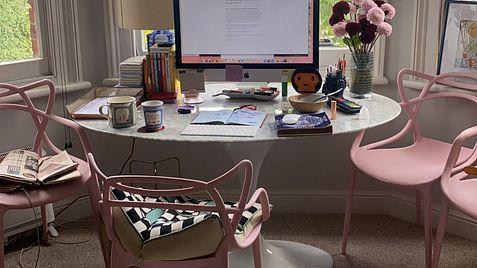
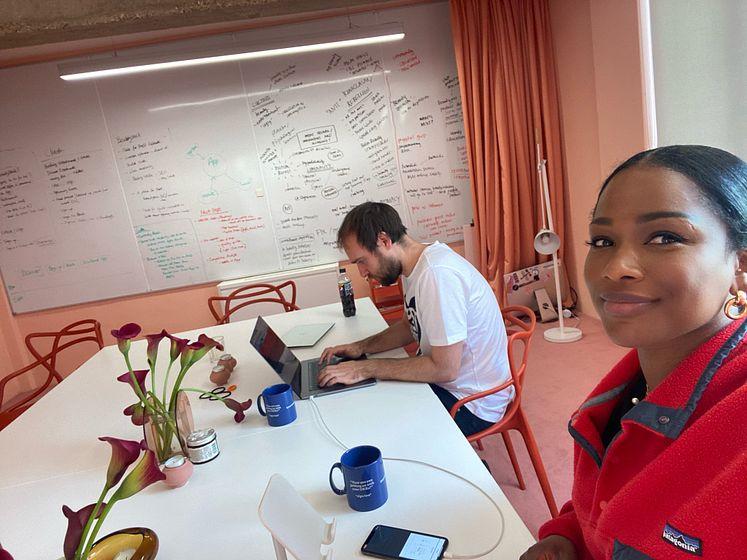
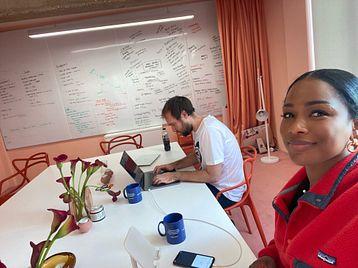
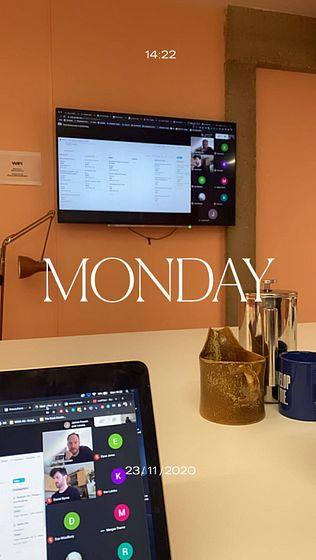
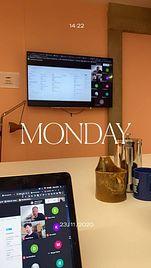
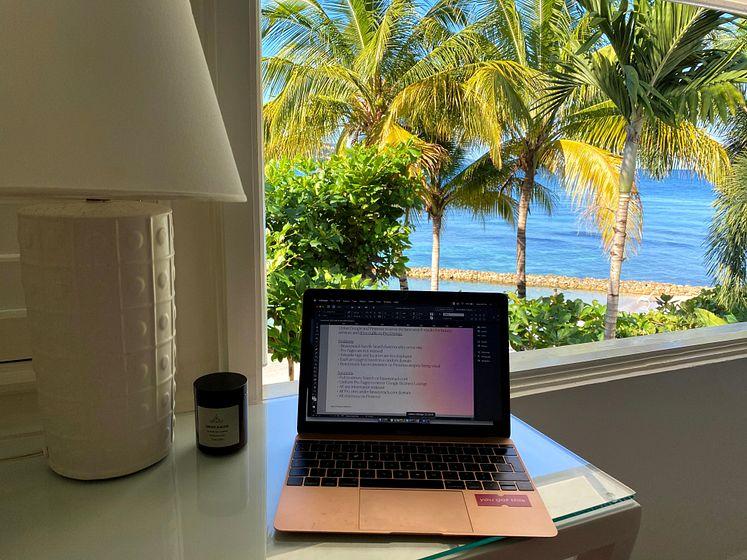
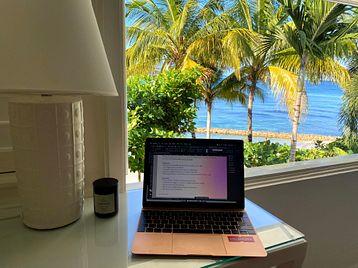
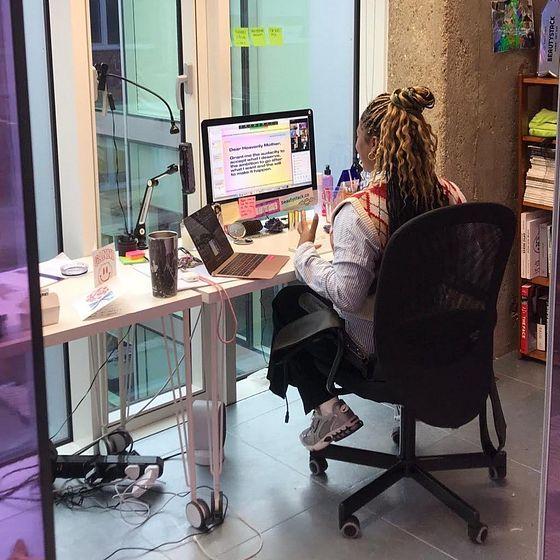
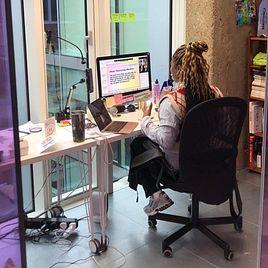
I was not acting with intention because I forgot to keep referring to my Vision, Mission and Principles which are written here. In the chaos of the pandemic, we stopped looking at it all the time because lockdown meant we were unable to execute on our Mission of Global, Social, Beauty, Booking. But we should not have thrown the baby out with the bathwater by forgetting to refer back to the whole document. If we had, we would have remembered that our Company Vision was always economic empowerment for women and there were many executions for what that could look like.
My identity, like most Missionary Founders, is completely tied up in my business. By losing the ability to work, I was losing my sense of purpose. By the end of year I wrote my Personal VMP and this kept me motivated and focused.
"My confidence comes from absolute clarity in my sense of purpose. Without being able to execute on that purpose, I lost my confidence."
Like Oprah said, your only real job is to become more of yourself. Writing down my personal principles gave me a strong direction for where I am going. Forget your life’s purpose at your peril.
I’ve since taken the time and space to refamiliarise myself with my individual and business mission and to update this in line with The Stack World. In the early days of Beautystack, I spent a lot of time on these founding principles and that's what kept everyone aligned and motivated. When we decided to press forward with TSW, this should have been the first document created. If in doubt, always go back to the Vision.
Covid Compassion: When you’re in fight or flight mode, the rational part of your brain starts to shut down. I found it difficult to achieve clarity in the fog of constant rolling news about death and pandemic. It’s only natural that I didn’t know who I was when I had to be so much for so many.
8. I should have communicated more clearly and regularly. And I should have asked for help
A key way that losing my sense of purpose manifested itself was with our investors. Each month, I was communicating with them just to let them know how we were putting out fires and keeping afloat. That we’d survived another month and there was nothing to worry about.
I then had a call with one of them and he said “I don’t really know what your big picture is anymore”. And I knew something must be wrong in my head, I’m always focused on the bigger picture. Obviously, I’d lost that somewhere along the way.
My investor updates should have always been about where the ship was going, not whether it was managing to stay afloat. My fighting instinct was sending a completely different energy out. It wasn’t about growth, progress, or future plans. It was stuck in a place of fear and short-term thinking.
Because I was fairly clockwork with my updates, the months seemed to roll by so swiftly without any progress, that I pulled back even further and sent them every 2 or 3 months with the logic that zooming out over a longer period gives you a truer picture of what is happening. I also poured all my energy into my business and deprioritized stakeholder comms. Regardless, it wasn’t the best practice with the financial partners of the business and I should have engaged them in the journey and asked for more help and advice. Some of my investors recognised that I needed extra support and I thank them for taking the time to acknowledge me.
Covid Compassion: There were some clear pandemic winners in gaming and video streaming, but beauty was not one of the industries that thrived. Given the nature of the hesitancy around treatments, it’s expected that people book directly with their chosen Pro, not discovering new services with strangers. I had a huge fear of being a write off.
9. I lived in fear of being cancelled or deemed to be ‘overexposed’ and withdrew from social media
I wrote an article in June titled The Unpaid Labour of Female Founders. It explored the struggle of female founders who need to juggle their private lives alongside their public role as a CEO and brand ambassador. There had been a wave of female founder takedowns and as a highly visible founder, I lived in fear of being next. This is the kind of bullshit that women have to deal with these days on top of everything else. Netflix has done a Cowspiracy, Seaspiracy and now I’m waiting for Herspiracy - a look at the way that media, politics and finance are conspiring to keep women down while ignoring the male leaders who regularly commit actual crimes.
In response to the article and to quell my fears, I did an experiment. I came off Instagram for three months. And it didn’t work. As a founder, people want to see you. They want you to live and breathe your business and to be present in it at all times. I think it was a mistake to expect myself, as a female founder of a consumer-based business, to stay private and separate myself from the business. Most importantly, I had nothing to fear. Running a business is hard and you’re most definitely going to piss people off, especially when you’re inexperienced in management. But I knew my intentions were good and that when I did make mistakes, I had no issue calling myself out or apologising immediately.
Aside from cancel culture looming like the death star over my role as a leader (and there is a lot to be said on this topic, that there isn’t space to cover just in this post), I definitely felt a lot of guilt around being an influencer for my own business. I never wanted to be branded as too much, too out there, too exposed, or too aggressive. To have people be like “Ugh, she’s everywhere!”
And I’ve since had to reprogram my thinking to recognise that no, I am the best influencer for my own business, cancel culture is not a barometer for my overall performance and The Stack World is an extension of my personal mission. More importantly, it’s totally cost effective to use myself as influencer number one for the business.
Covid Compassion: The internet was way too busy as people had nothing else to do. There was too much noise, so of course you will fear getting sucked into the fray.
10. I trapped myself into a lease
Last year, I said we got a big office and it was worth it. This year, our office became a noose. It broke my heart to see the office so empty and desolate. It made me cry everytime I went in there alone to work and feel like I was extracting value. However we are opening the office up to Stack World Members from May 17th so I’m excited to see it buzzing again.
Covid Compassion: In 2018 when I signed the lease, I thought I would have raised Series A and had 100 people working in that office by 2021. I thought it made more sense to get a space to grow into rather than cause disruptive moves. The world of work looks totally different now.
11. I took too long to write this
I started writing this again because I was a mess. And now I feel better. So why did I not finish it sooner? If you’re in a hole right now, the best thing you can do is write it all out and do your morning pages. Get the chatter out of your head and clarity will come. Perspective comes from being reflective.
As always, this is just scratching the surface of my year as there have been plenty more ups and downs not mentioned here. Even though I’m writing this in May 2021, like most, I am still experiencing the trauma of 2020. It truly has been something else. While it’s tested me to no end, there’s plenty to be grateful for and achievements to be proud of.
Everything I got right in 2020
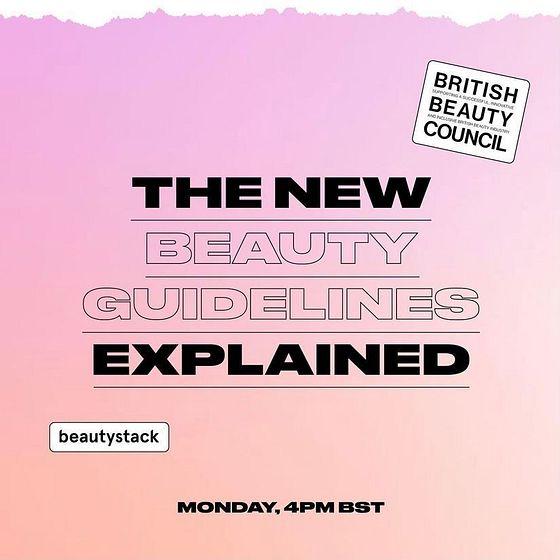
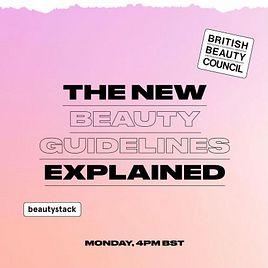
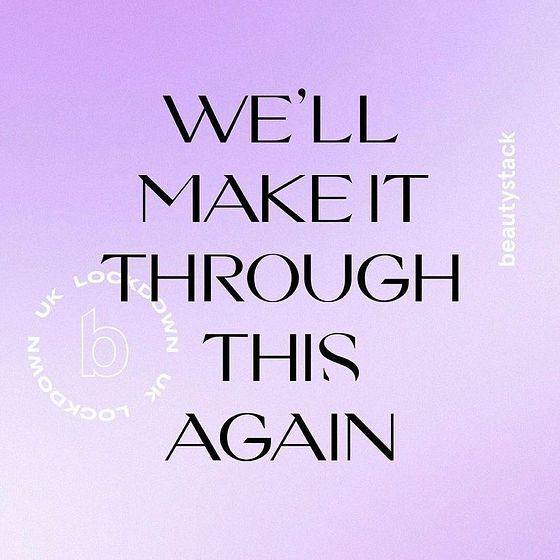
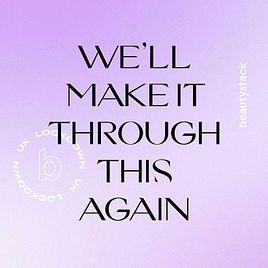
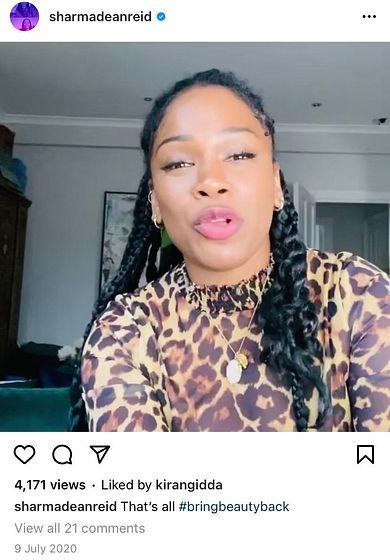
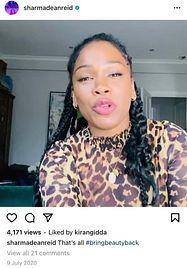
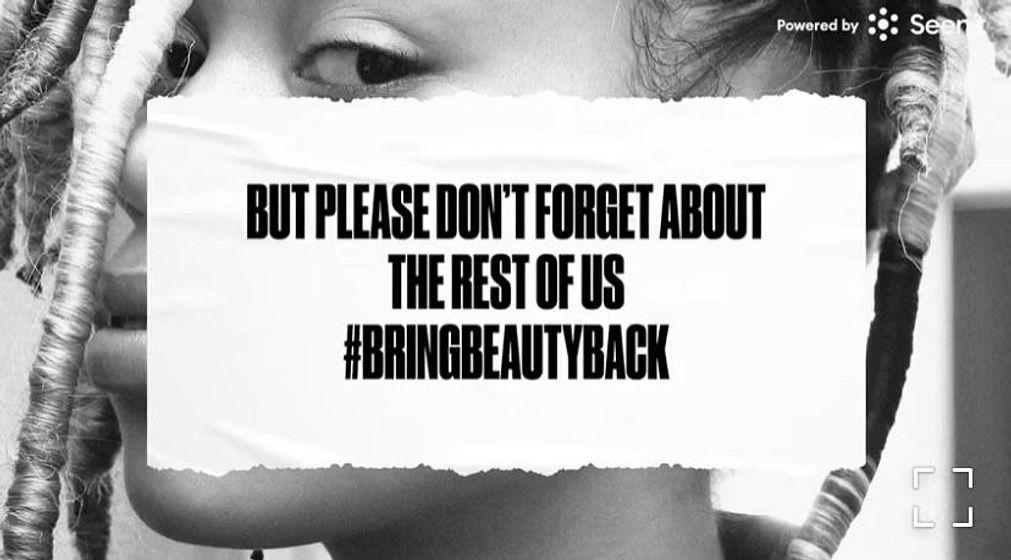
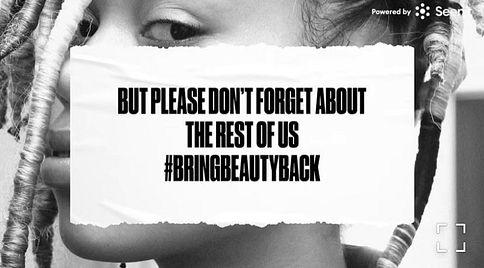
1. We were there for our users
I genuinely feel like we were there for our users when the chips were down. We did so much to communicate with them and support them. And I’m proud of how we acted while a lot of our competitors weren't posting on social media, we were present and showed empathy and actionable advice.
2. Pivoting quickly to The Stack World
I started working on the idea of a woman's newspaper in August 2020 when I realised our users were being politicised for the first time. I thought it would be a side project to Beautystack as I was still clinging onto the hope that Covid would go away and we would be back to normal. But when Boris announced the final lockdown in November, we kicked into gear immediately and started building The Stack World the first week back after the holidays and launched V1 on Feb 18th 2021. Anything can happen in business and with pivots you have to act fast. The best way to act fast is to leverage your team, give them the vision and steer them towards a single goal. I’m proud of that decisiveness and the team's capability and speed. If we had not done this, we most certainly would have had to sit on our hands as the Beauty industry has only JUST come out of lockdown.
3. Building a Brill Team
I’m obsessed with everyone working together in the same room and it took me a long time to get used to the fact that the Product and Engineering team is just as productive at home. I am so grateful for such a talented and hardworking team, even with one of them in Barbados and another in New Zealand, we made it work. They trusted me to lead them, I trusted them to build. I made a brilliant Head of Product hire that was game changing for us.
4. I had some serious coaching
In the absence of selfcare I did some really deep work with coach Polly Bateman and hypnotherapist David Samson. Both of them helped me see how I was holding myself back and I think if you want to continue developing as a leader, you need professional support to do so. Investing in this was a wise move.
5. I Survived
It’s hard to keep a brave face when you’re scared yourself but one of my favourite sayings is “We didn’t come this far just to come this far” For me, giving up was not an option and we were forced to pivot to survive. Business owners didn’t have a choice. We were thrown into a crisis situation and it was due to perseverance and courage that we kept going. And we always keep going. Business owners of truly a masterclass in the art of the dealing with situations that are not in the playbook and one thing I got right is that I kept putting one foot in front of the other and keep it moving. It took an enormous amount of faith that as I waded through deep waters and battled through jungles, the right path would appear to me.
None of us were expecting 2020 to be what it was, but I think we can come away stronger and more resilient for it. I’d love to hear if any of my lessons resonate with you, or what your big takeaways from 2020 are.
Here’s to a (hopefully) MUCH better 2021!
And to round this out, here are a few of my saviours from this year:
I laughed out loud when I listened to this as it was describing my noisy brain exactly. Reid Hoffman’s podcast feels like the realest founder journey.
This 90 minute Oprah montage was like having a godmother imparting wisdom.
Ray Dalio’s book, Principles gave comfort but in particular Chapter 1.7
Pain + Reflection = Progress.
The Short Stack
Running a business is tough, but reflection can give you clarity and remembering your purpose can help you find the next right move.
By Sharmadean Reid
